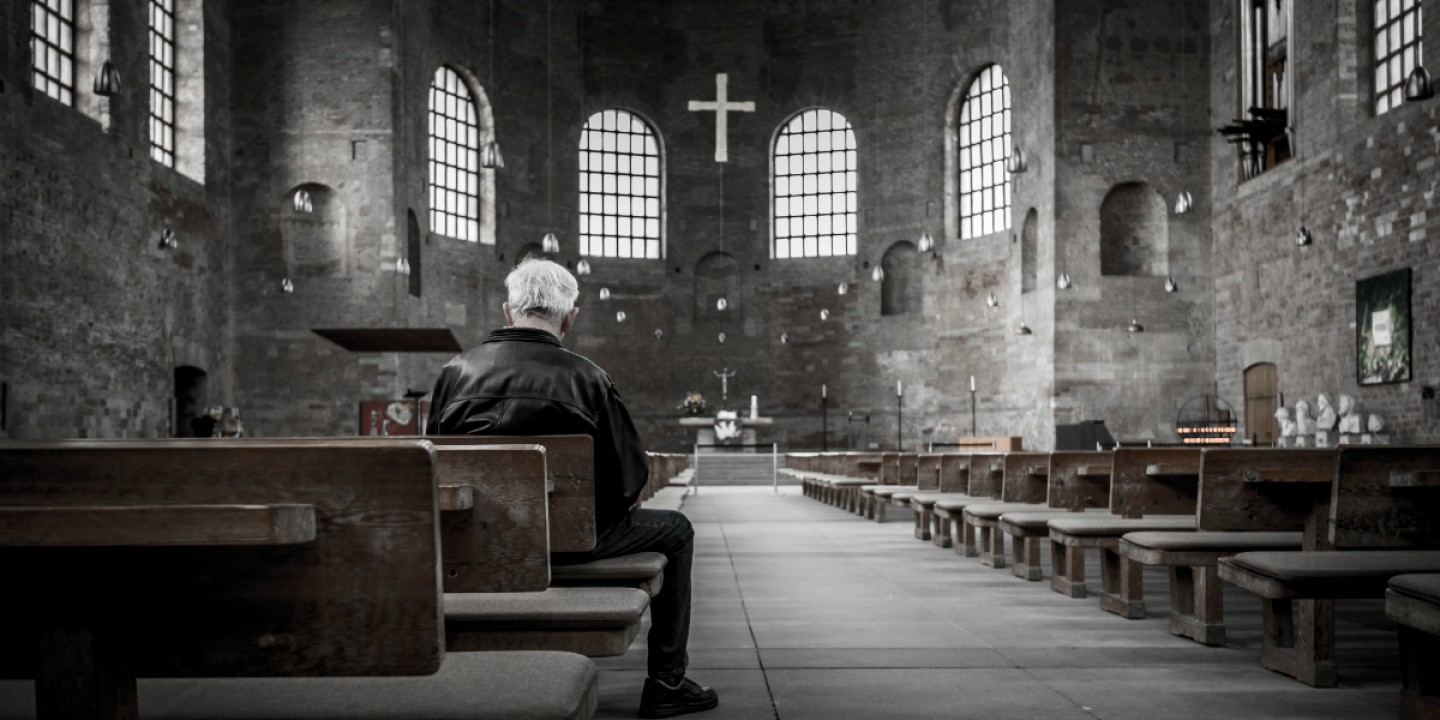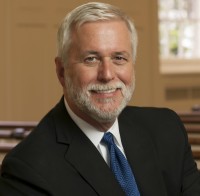Everyone in ministry gets their feelings hurt
Congregations aren’t paradise. They’re communities in which we constantly hurt each other’s feelings.

Perhaps my greatest joy as a seminary president is placing diplomas into the hands of our graduates at commencement. They’ve worked hard for their degrees, and they have so much promise that it annually renews my faith in the future of the church. But occasionally a student slips through who makes me wonder.
Some years ago, a student was told by the registrar that he couldn’t graduate because he hadn’t completed his course requirements. He complained that no one had told him he was behind in credits. She explained that at the beginning of the semester she had emailed all students who were expecting to graduate, telling them to check the website that depicts their progress through their degree program. But he was not about to take responsibility for his mistake, and so he appealed to the dean, who upheld the registrar’s decision. Then the student came to see me for his final appeal.
Read our latest issue or browse back issues.
“My parents have already bought their plane tickets to come to commencement,” he tried. “They’re going to be so embarrassed if I can’t graduate with my friends.” I responded, “That has to be rough,” and then I mentioned his responsibility to ensure he had completed all of the courses necessary to graduate. The student next tried to blame the website for being confusing. I pointed out that all of the other students seemed to navigate it well. After that he took a stab at the administration for not being very responsive to his problem. I indicated that I was at least the third administrator who had seen him in two days. Finally, he slumped his shoulders and said, “This really hurts my feelings.”
That was his final appeal for me to allow him to graduate. It would hurt his feelings if we upheld the requirements for his degree.
The vast majority of our students would never come to me with such an appeal. They are very conscientious about fulfilling the expectations of their rigorous academic programs. But this was a rare student who wasn’t paying attention. The subtext of his appeal was that I should now do anything I could to avoid hurting his feelings, as if this were one of the standards of leadership.
I was a parish pastor for a long time before I became a seminary president, and through most of those days I was wading through hurt feelings, including my own. So I responded to the student by saying, “You do realize that your feelings are going to get hurt all of the time when you become a pastor, don’t you?” He just picked up his backpack and walked out of my office.
I know I was supposed to be more empathetic and consoling. And if he had stuck around we could have come to that. But I was overwhelmed by an argument claiming that if we didn’t give him what he wanted, we’d hurt his feelings. So I led with a question that implied I was wondering if this student had chosen the right profession. He can’t serve the church without realizing this is one of the unfortunate things that happens in Christian community: we hurt each other’s feelings. Frequently.
Our seminary is a residential school. Ninety percent of our students live on campus, and most of the faculty live nearby. We have an incredible amount of theological, racial, gender, and national diversity in our community. We believe that in Christ we can hold together, and we are enriched by finding him in lives very different from our own—but it’s impossible to live in the midst of such diversity without unintentionally hurting each other at times. Our hope is that the seminary can be a place where one learns how to handle both the joy and the wounds created by community.
We have high academic goals for our students. But one of the theological skills we try to give the next generation of church leaders is the ability to handle inevitable disappointment and hurt feelings. We fulfill that calling not only in the classroom but by living together in community.
In Life Together, Dietrich Bonhoeffer reminds us that Christian community is not a human ideal but a divine reality. The reality is that God has placed flawed people together in flawed communities in order to discover the redemption Christ alone can bring. Our life together is a daily discovery of how much we need a savior. And it is the means by which we find his grace through confession, absolution, and repentance. Even a collision with institutional expectations can call for that redemptive journey.
Congregations are filled with people who bring their yearnings with them into the community. Often these yearnings have not been met in other places like family or work, so people are hoping the church will be the place where they will finally find affirmation for their heart’s desire. But the church is not paradise. It’s a divine reality of redemption in which we are saved even from our yearnings. It’s a community in which we learn to sacrifice our hopes, failures, and hurt feelings in order to turn to Jesus Christ, our savior.
The registrar, dean, and I decided to let the student walk with his class through commencement, with an asterisk next to his name indicating that his graduation was pending completion of requirements. We made this decision not to find salve for his hurt feelings but because this is what Christian community does. We forgive, and we try to find a way to be Christ’s redemption of even self-inflicted wounds. I hope he got this last lesson from his seminary.
A version of this article appears in the print edition under the title “Hurt feelings.”







